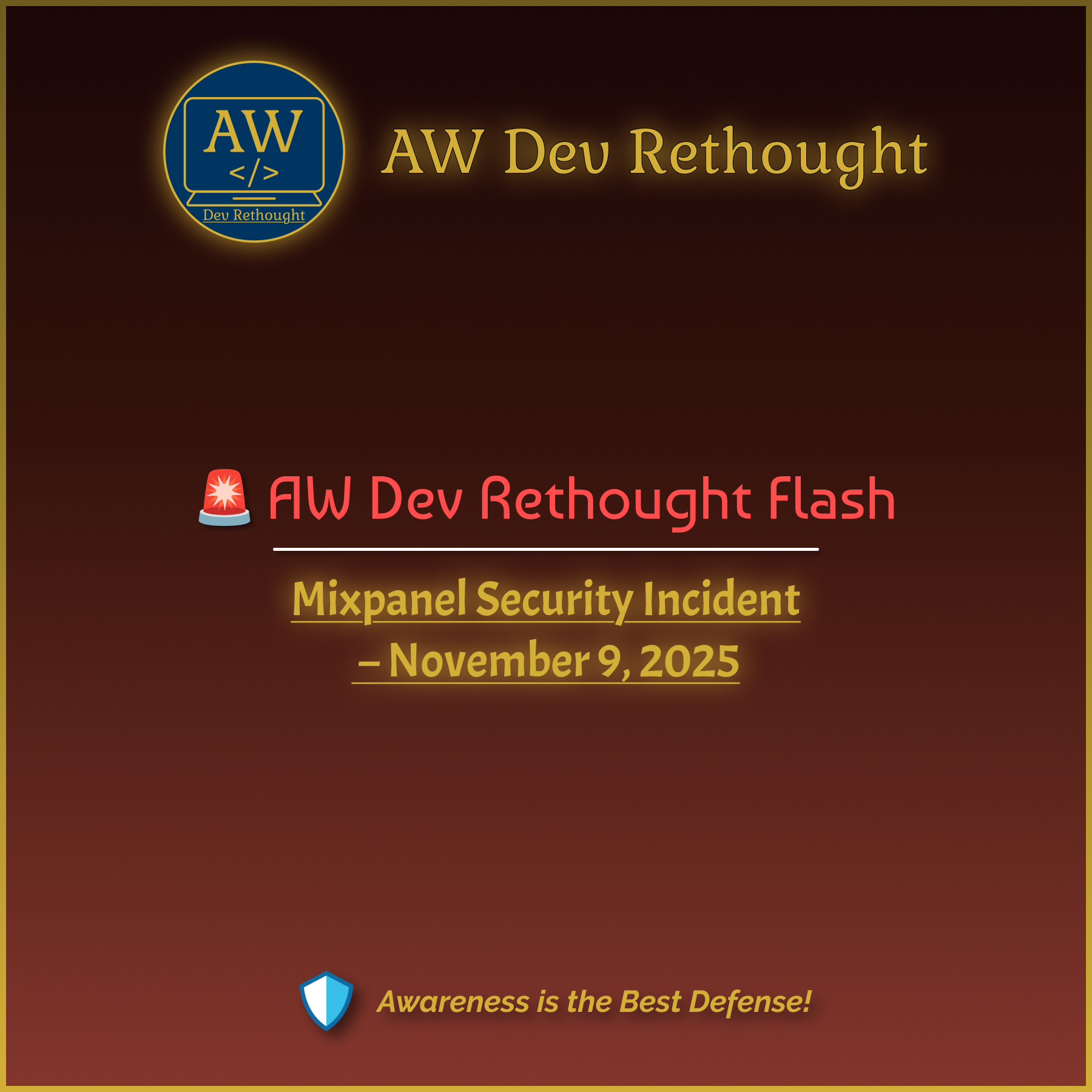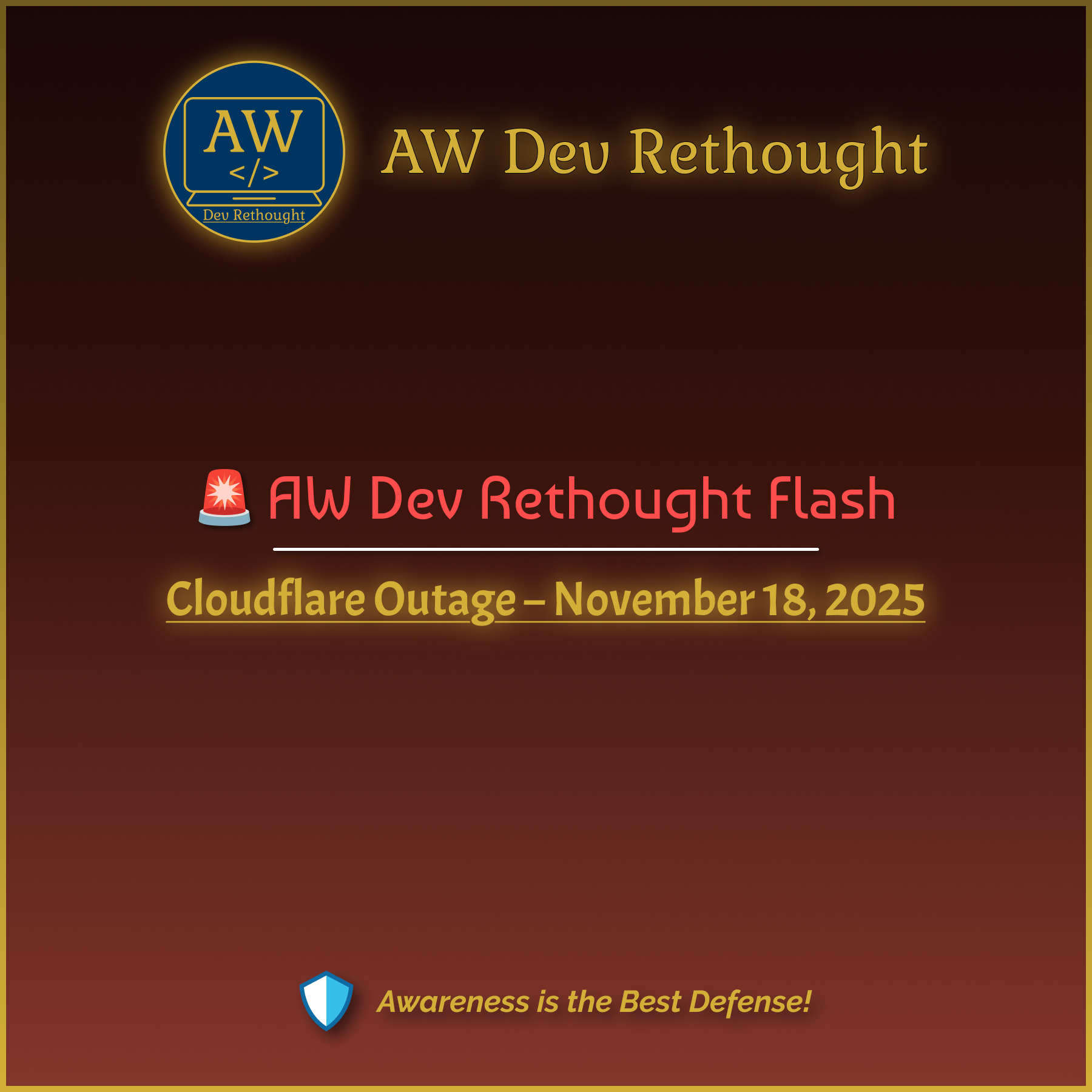AW Dev Rethought Flash: AWS Outage – October 20, 2025
What Happened
On October 20, 2025, Amazon Web Services (AWS) experienced a major outage that temporarily disrupted access to several popular platforms including Snapchat, Fortnite, Ring, Canva, and Duolingo. The issue primarily originated from the US-EAST-1 region, one of AWS’s largest and most critical data centers.
Users across multiple regions reported errors, slow loading, and service timeouts as affected applications struggled to connect to AWS servers.
Impact
- Core AWS services — including EC2, S3, and Lambda — showed elevated error rates and latency.
- Major consumer apps relying on AWS faced downtime or partial service loss for several hours.
- Businesses using AWS-hosted infrastructure experienced degraded performance and connection issues.
- AWS later confirmed that the main fault had been mitigated, though some services continued to recover gradually.
Why It Matters
This incident highlights how dependent modern internet infrastructure is on a handful of cloud providers. A single regional disruption can ripple across multiple industries — from entertainment and e-commerce to IoT and cloud-based productivity tools.
While AWS maintains high reliability overall, large-scale incidents like this remind organizations of the importance of multi-region redundancy, cross-cloud backups, and disaster recovery planning.
Outage Cause Explained
AWS has not provided a detailed public root-cause report yet, but such outages typically stem from:
- Network routing faults — sudden congestion or misconfigurations in internal routing layers.
- Service dependency loops — one core service failure cascading into others that depend on it.
- Load balancing errors — uneven traffic distribution causing overload in one region.
In this case, early indicators suggest a regional infrastructure fault in US-EAST-1 that affected multiple interconnected services simultaneously.
Final Thoughts
AWS restored services after several hours and confirmed that all systems were operational. There’s no indication of a cyberattack — this appears to have been a technical fault within the infrastructure.
Still, the October 20 outage serves as a clear reminder: resilience in architecture isn’t optional. Whether you’re a startup or a global enterprise, redundancy and failover strategies are essential to keep services running when the cloud stumbles.




No comments yet. Be the first to comment!